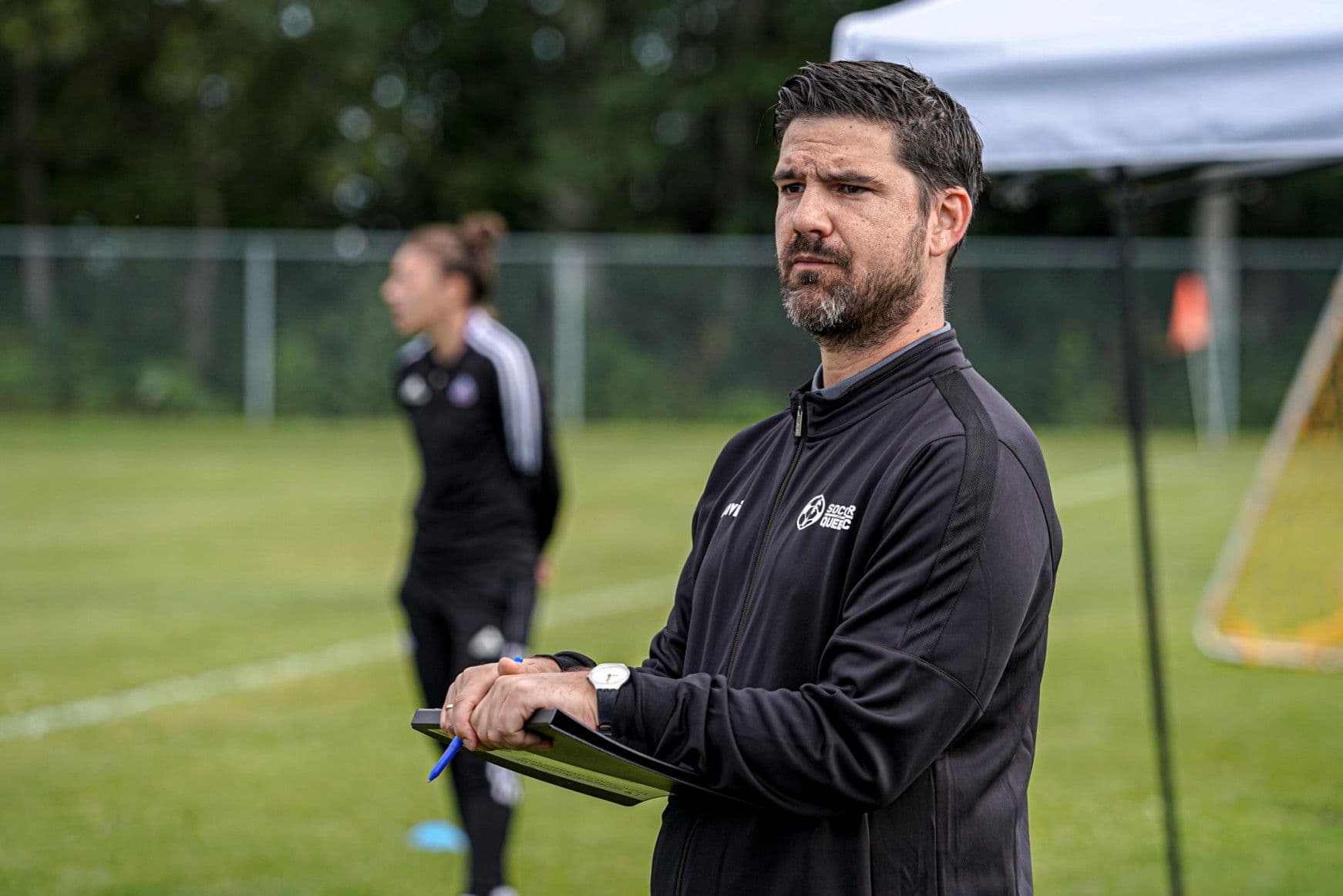Is this a cruel time for soccer players allergic to pollen and grasses ? How can the effects be minimized ? A sports doctor answers and gives his tips.
Rhinitis, asthma, conjunctivitis, sinusitis, fatigue, headaches, stuffy noses at night, sneezing—the harmful effects caused by pollen and grass allergies, which are particularly acute in spring, weaken the bodies of those who suffer from them. However, some of your players may be affected and are therefore at risk of performing below their peak than their usual levels. Remember that at maximum effort, a football player is required to breathe out 10 to 15 times more air than usual, and therefore inhaling a similar proportion of pollen and other grasses ! Therefore, the player with allergies is affected by respiratory complications, which are hardly compatible with a physical activity like football. Moreover, recovery is less effective since the oxygen deficit is much more difficult to compensate for. However, there is no question of giving in to fate. There are indeed several ways to combat these pathologies.
Prioritize moderate-paced runs over high-intensity interval training
First, during training, it's necessary to lighten physical loads, favouring moderate-paced runs, for example, over high-intensity interval training.
Also, allow more recovery time for so-called "at-risk" players. Furthermore, adapt your session planning to the weather, if possible. And for good reason: it's wiser to train after a rainy day, when pollen isn't lifted from the ground, than in dry, windy weather. In the latter case, it's best to postpone the session for players with allergies. In addition, it's not recommended to train in the hours following the mowing of lawns or grass pitches. Conversely, if you have the chance, training at altitude, from 1000 meters, or by the sea, is strongly recommended, because pollen is much less present there.
Stay hydrated to prevent further inflammation of the respiratory tract mucous membranes
Outside of training, players with allergies can also follow the following advice to avoid affecting their performance :
• Ventilate your room early in the morning and late in the evening, and never during the day to prevent pollen from filling the room.
• Stay hydrated more than usual to prevent further inflammation of the respiratory tract mucous membranes.
• Wash your hair just before bed, as it is a major reservoir of pollen.
• Wash your pillowcase every day for the same reason as above.
• Wear sunglasses outside of training to reduce the risk of conjunctivitis.
• Do not leave clothes worn during the day in the bedroom.
• Do not place your bed near a window.
• Do not drive with the windows open, especially in the countryside.

Philippe Gajevic Sayegh, technical coordinator at Soccer Québec, leads the implementation of the "match leader" role to replace traditional referees in U9 games.

What if youth soccer was judged by something other than results? The MLS has taken the plunge and its Technical Director, Frederic Lipka, explains this "revolution."
The International Football Institute (IFI), specialist educator for key roles within football, begins a new collaboration with Vcoaching!


